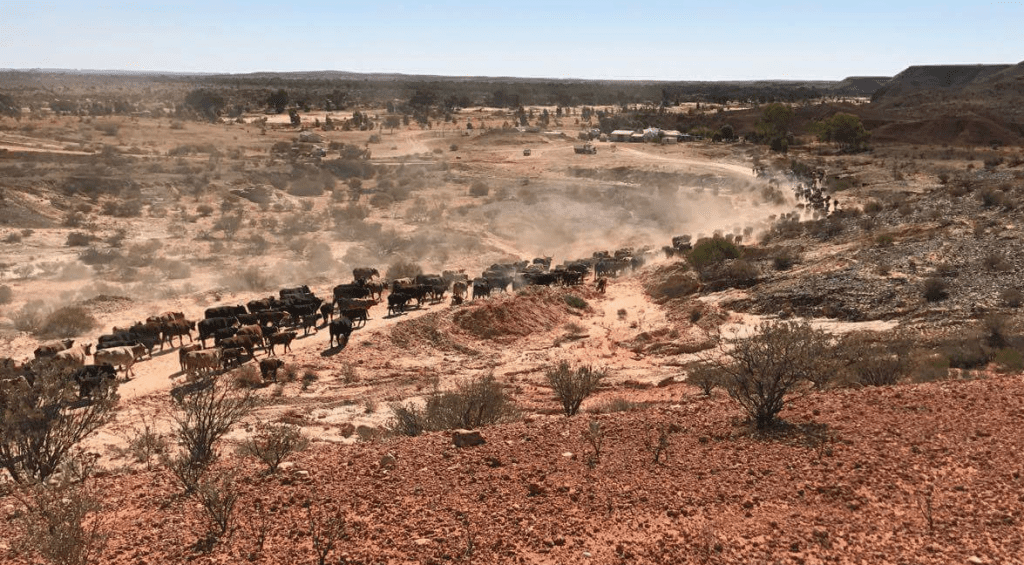
In a continuing national trend, a Northern Territory cattle company, its director and another manager have been charged with safety offences which could see them spend time in prison.
The charges arise from work completed by two station hands who were tasked with fencing duties. One was operating a tractor with a post driver, while the other guided the fence posts into the ground. During the work, the worker placing the fence posts arm was crushed and it was later amputated.
NT WorkSafe laid six charges against the cattle company, the director and manager alleging they did not provide ‘adequate training or instruction, and a safe system of work was not implemented on the use of the tractor and post-driver.’
Brisbane legal firm McCullough Robertson says this adds to a national trend that has seen:
- a Western Australian director imprisoned for two years following two employees falling from a farm shed roof while installing roof sheets, resulting in the death of one of the workers
- a Northern Territory man performing cattle mustering work being placed on a two-year good behaviour bond and being ordered to pay a worker $20,000, after the worker suffered burns from using an angle grinder to cut open a drum previously filled with aviation fuel; and
- a Queensland businessman being charged with industrial manslaughter and imprisoned for five years following the death of a worker when a generator fell from a forklift.
In an advice to clients and beef industry stakeholders, McCullough Robertson says that in light of these events, cattle companies, their directors and managers need to be able to answer these three questions:
- What could kill or injure someone in your business? (e.g. working with machinery, heat, inexperienced workers)
- What is in place to stop this occurring? (e.g. training, inductions, maintenance of equipment)
- How is your business tracking on keeping people safe? (e.g. workplace inspections, audits, talking to workers about WHS).
If owners or managers cannot answer these questions, or if the answers raise concerns for their company, they may be at significant legal risk if something goes wrong, McCullough Robertson warned.
